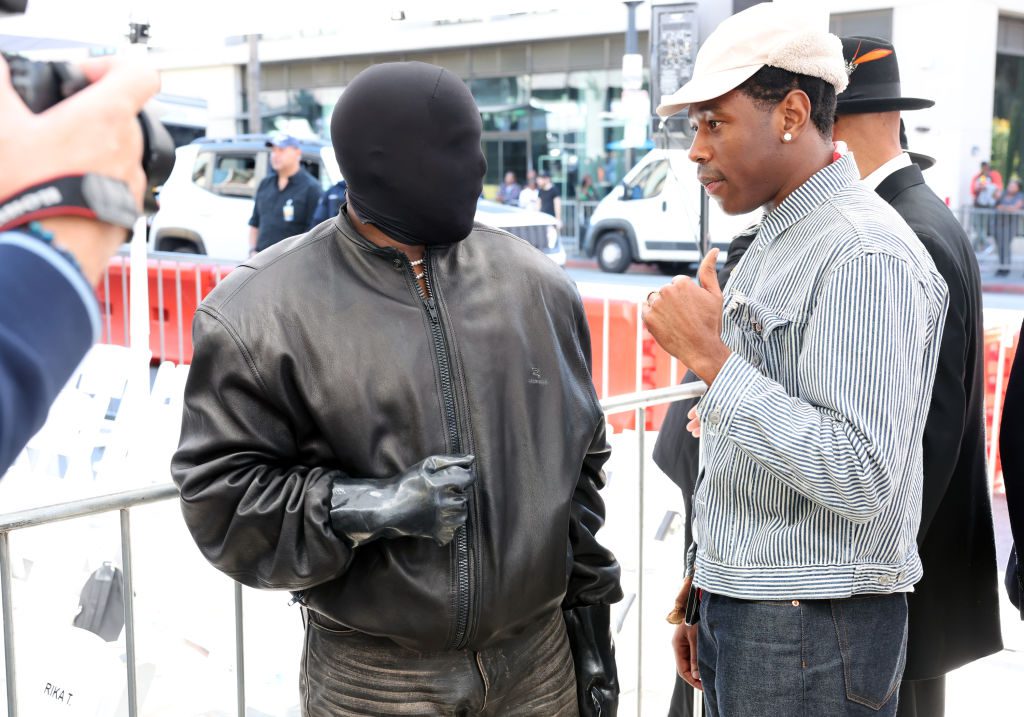Vultures 1, Kanye West’s Journey from Major Label to Independence
Kanye West’s journey from a major label artist to a champion of artist independence and fair deals has been marked by innovation and controversy. His recent collaboration with Ty Dolla $ign on the album Vultures 1 exemplifies a groundbreaking approach to music distribution and artist remuneration.

Released without the backing of a traditional record label, this partnership with the distribution company Label Engine showcases a model where artists retain a greater share of their earnings. Billboard estimates that the album’s first-week earnings in the United States surpassed $1 million, primarily through streaming and sales, illustrating the financial viability of this new model.
The Shift in Music Distribution and Earnings
At the outset of his career, West’s contracts with major labels stipulated a 14% royalty rate on U.S. album sales, a common arrangement that significantly limited artist income until recoupable expenses were paid off.
This traditional model required an album to generate multiple times its value in sales before an artist could see profit beyond advances. In contrast, Vultures 1 needed only a fraction of such sales to generate equivalent earnings for West and Ty Dolla $ign, thanks to their favorable deal with Label Engine, likely enhanced by West’s negotiating leverage.
Advocacy for Music Industry Reform
West has also been vocal about the need for reform in the music industry, advocating for more artist-friendly contracts and ownership rights. His 2020 tweets proposing new recording and publishing deal guidelines highlighted his vision for an industry where artists enjoy an 80% income split and retain copyright ownership, leasing their work to labels or publi<a href="shers for a limited term.
The Nuances of Independence
This shift to independence, however, is nuanced. While West’s departure from the major label ecosystem allows him to claim a form of independence, comparisons to figures like Lebron James highlight the misleading nature of such labels. West and U<a href="sher, recently called the first independent artist to play the Super Bowl, achieved their fame and success within the major-label system, benefiting from its resources and promotional power.
Controversies and Complexities
Despite West’s success and influence, his career has been marred by controversies, notably his history of antisemitic comments, which have led to significant business losses. Yet, outside of music, West has found lucrative success, notably claiming to have earned over $19 million from clothing sales in a single day. This multifaceted career underscores the complexity of West’s public persona and business acumen.
Controversial Moments
Throughout his career, Kanye West has been involved in several controversies, ranging from public outbursts to political statements and social media incidents. Each controversy has sparked public debate and sometimes backlash, affecting his personal and professional relationships.
These moments include interrupting Taylor Swift at the VMAs, his comments on slavery, running for U.S. President, and his varied statements on social media platforms. Each has contributed to a public image as much about his genius as his propensity for creating discord and iconic success. (source)



